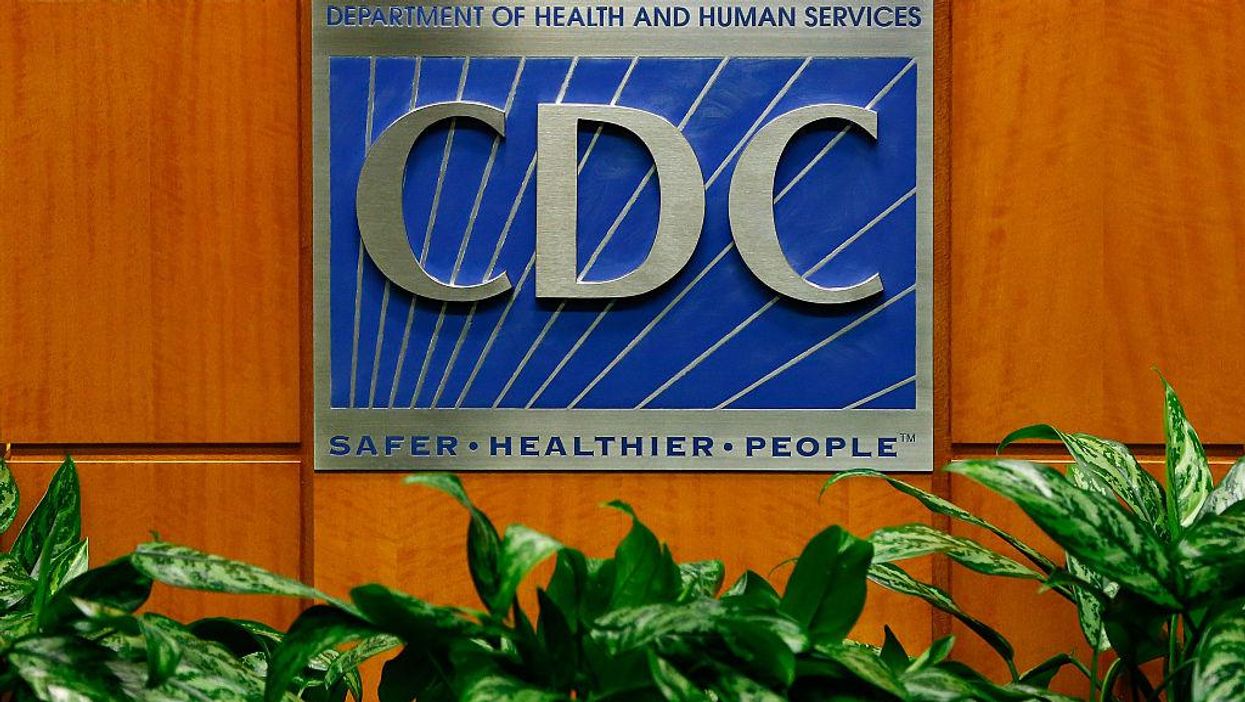
Kevin C. Cox/Getty Images

A U.S. resident who returned last week from Nigeria is in a Dallas hospital with a case of monkeypox, according to the Centers for Disease Control and Prevention and the Texas Department of State Health Services.
Monkeypox "typically begins with flu-like illness and swelling of the lymph nodes and progresses to a widespread rash on the face and body. Most infections last 2-4 weeks. Monkeypox is in the same family of viruses as smallpox but causes a milder infection," the CDC reported in a news release.
The CDC noted that infections involving the strain of monkeypox that this individual contracted are deadly in about 1 in 100 people, though rates can be higher in individuals with weakened immune systems.
On July 8-9, the individual flew aboard a flight from Nigeria to Atlanta and then took another flight from Atlanta to Dallas.
The CDC said that the danger of transmission through respiratory droplets aboard those flights is thought to be low due to COVID-19-related mask requirements.
"Travelers on these flights were required to wear masks as well as in the U.S. airports due to the ongoing COVID-19 pandemic. Therefore, it's believed the risk of spread of monkeypox via respiratory droplets to others on the planes and in the airports is low," according to the CDC.
Less than two decades ago in 2003 there was a Monkeypox outbreak among humans in the U.S. after the illness "spread from imported African rodents to pet prairie dogs," the CDC noted.
People without symptoms cannot transmit the illness to other people, according to a Texas Department of State Health Services news release.
"Experts have yet to identify where monkeypox hides in nature, but it's thought that African rodents and small mammals play a part in spreading the virus to people and other forest animals like monkeys. People can get monkeypox when they are bitten or scratched by an animal, prepare wild game, or have contact with an infected animal or possibly animal products," according to the CDC.
"Monkeypox can also spread between people through respiratory droplets, or through contact with body fluids, monkeypox sores, or items that have been contaminated with fluids or sores (clothing, bedding, etc.) Human-to-human transmission is thought to occur primarily through large respiratory droplets. Respiratory droplets generally cannot travel more than a few feet, so prolonged face-to-face contact is required," the CDC noted.